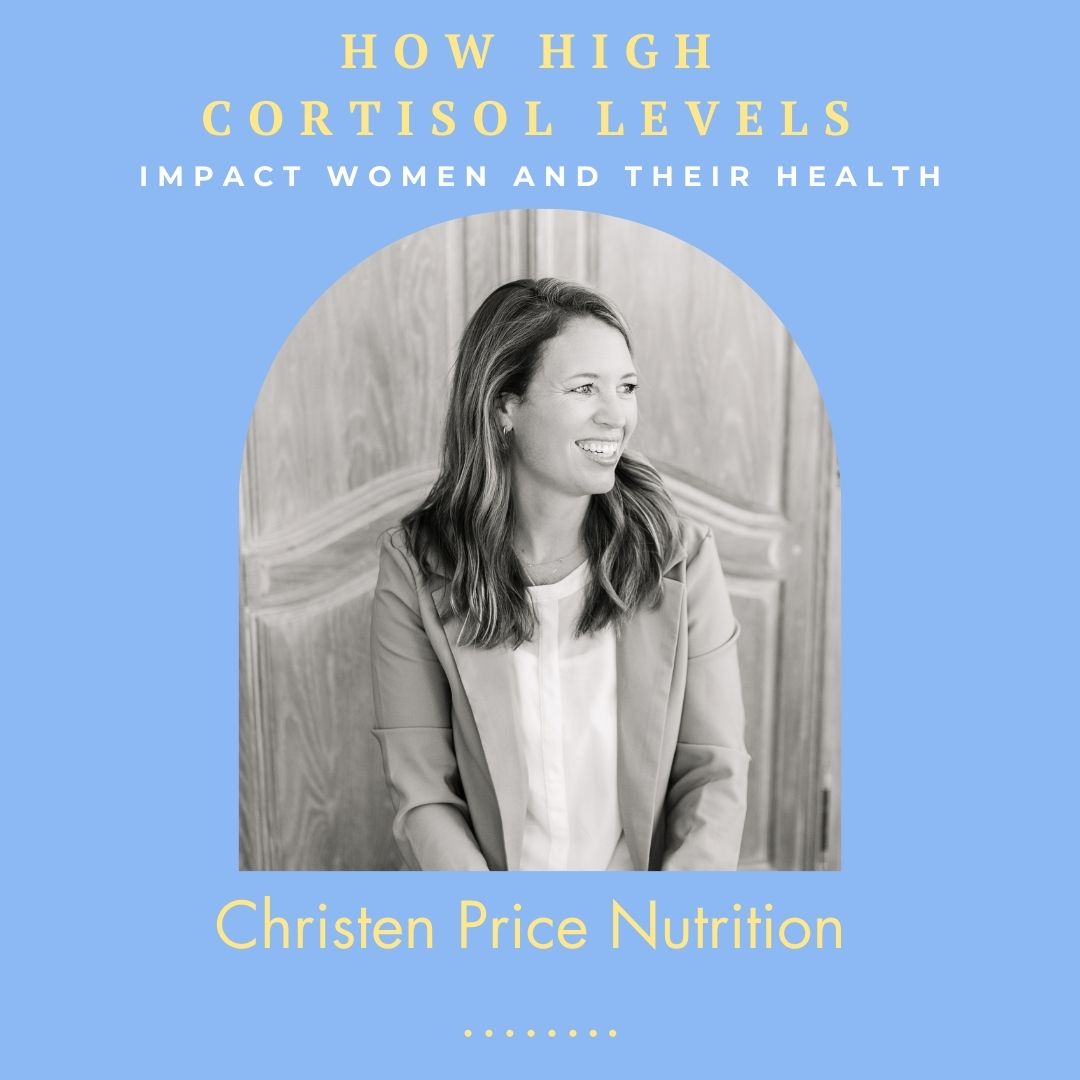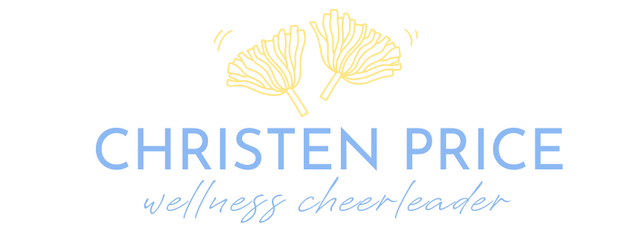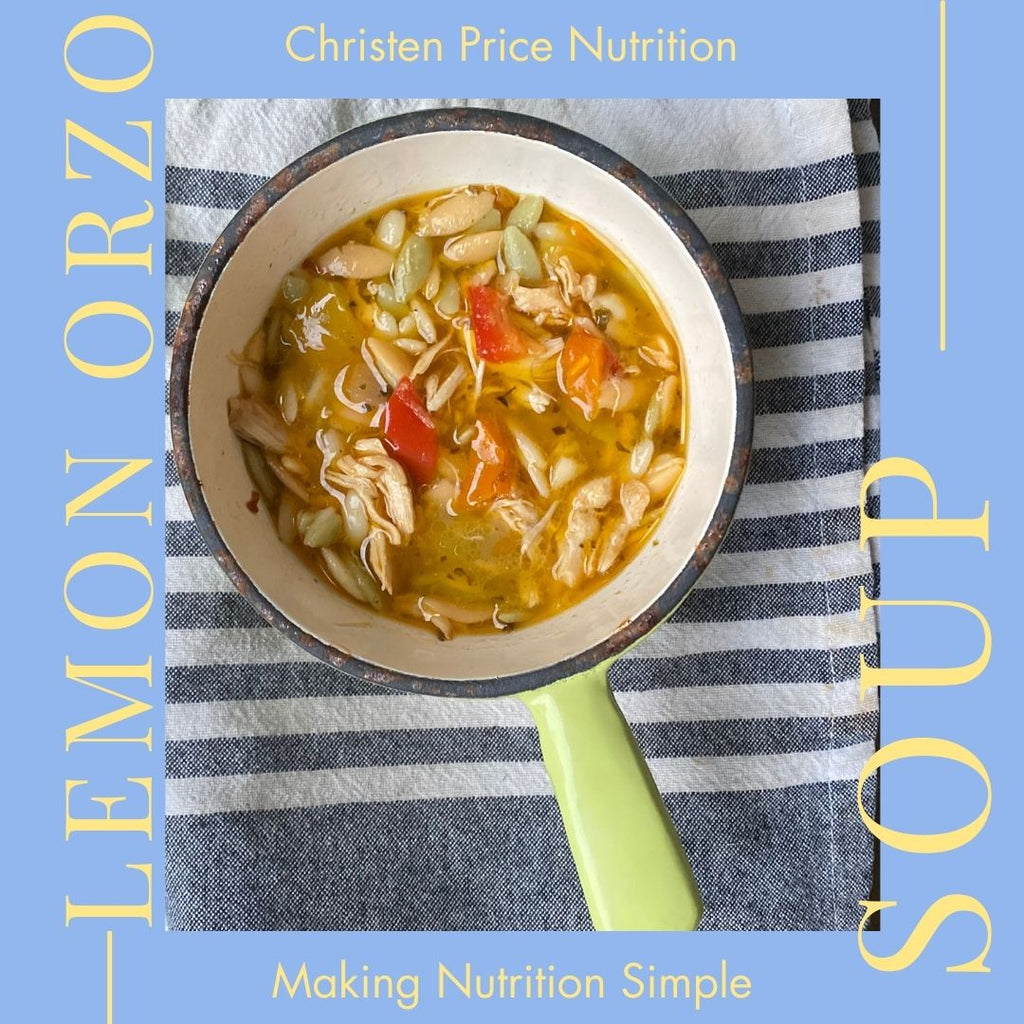How High Cortisol Levels Impact Women and Their Health

Cortisol, often called the "stress hormone," is a vital hormone produced by the adrenal glands to help manage our body's response to stress. While cortisol is necessary for many body functions, prolonged high levels of cortisol can lead to health issues—especially for women, who may be more susceptible to the effects of chronic stress. Let’s explore why cortisol levels might rise in women and how this affects their bodies.
Causes of High Cortisol Levels in Women
-
Chronic Stress: One of the primary causes of elevated cortisol is ongoing stress. Whether it’s work-related pressures, family responsibilities, or financial worries, the chronic stress that women often face can keep their cortisol levels higher than they should be.
-
Sleep Disruptions: Quality sleep is crucial for cortisol regulation. Hormonal changes due to menstruation, pregnancy, or menopause can interfere with sleep, making it difficult for women to get the rest they need. Poor sleep quality signals the body to release more cortisol to keep it alert.
-
Hormonal Imbalances: Women’s hormonal cycles naturally fluctuate, and conditions like polycystic ovary syndrome (PCOS) or thyroid issues can lead to hormonal imbalances. These imbalances can make the body more sensitive to stress, increasing cortisol production.
-
Dietary Choices and Caffeine: A diet high in sugar or processed foods can lead to blood sugar spikes and crashes, which prompt the release of cortisol to stabilize blood sugar. Additionally, excess caffeine intake can overstimulate the adrenal glands, triggering more cortisol release.
-
Over-Exercising: While exercise generally helps lower cortisol, overdoing high-intensity workouts or engaging in frequent strenuous physical activity can have the opposite effect, leading to elevated cortisol levels as the body attempts to cope with physical stress.
Effects of High Cortisol Levels on Women’s Health
-
Weight Gain and Metabolism: High cortisol levels can lead to weight gain, particularly around the abdomen, as the body stores more fat when it perceives chronic stress. Additionally, cortisol can interfere with metabolism and make it more challenging for women to maintain or lose weight.
-
Weakened Immune System: Cortisol is anti-inflammatory in small amounts, but chronic high levels suppress immune function over time, leaving women more susceptible to colds, infections, and illnesses.
-
Hormonal Disruptions: High cortisol can throw other hormones, including estrogen and progesterone, out of balance. This imbalance may lead to irregular menstrual cycles, more intense PMS symptoms, and even affect fertility.
-
Mood Changes: Cortisol can influence neurotransmitters, leading to mood swings, anxiety, and even depression. This is especially significant as women are already more prone to anxiety and depressive disorders compared to men.
-
Digestive Issues: Elevated cortisol levels divert energy away from non-essential functions like digestion to handle “fight-or-flight” situations. As a result, women might experience digestive problems, such as bloating, constipation, or irritable bowel syndrome (IBS).
-
Skin Health: Chronic high cortisol levels can impact skin health, leading to conditions like acne, dry skin, and even premature aging. Stress hormones like cortisol can increase oil production, which can clog pores and lead to breakouts.
Reducing Cortisol Levels
Managing cortisol levels begins with reducing stress and making lifestyle changes. Practicing mindfulness, yoga, or meditation can help lower stress levels, as can getting adequate sleep, maintaining a balanced diet, and avoiding excessive caffeine and sugar. Moderate exercise and spending time in nature can also have a calming effect on cortisol levels.
By understanding how cortisol affects their bodies, women can take proactive steps to manage stress, improve their health, and prevent the adverse effects of chronic high cortisol levels. Get started today:
1. Talk to a Health Coach: Schedule a quick (and complimentary) 15-minute consult with Christen
2. Find Accountability & Support for Lasting Change: Join the Cortisol Coaching Waitlist by joining the CPN Newsletter (scroll to the footer of my website to see the Busy Mama Newsletter and hit "Subscribe") to learn more about how to stop living in fight or flight and lower your stress levels
Cheering for you,
Christen


